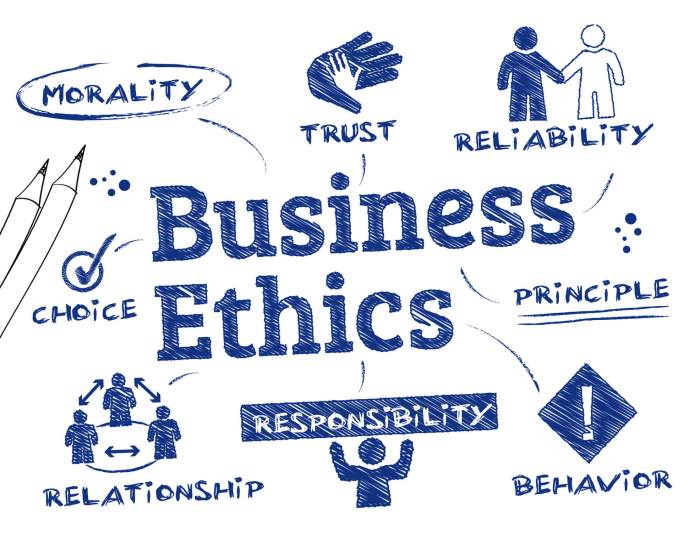Verbose is to concise as unscrupulous is to principled, a comparison that unveils the contrasting nature of these two pairs of terms. Verbose writing, characterized by excessive wordiness, stands in stark contrast to concise writing, which conveys ideas with precision and brevity.
Similarly, unscrupulous behavior, driven by a lack of ethical principles, sharply diverges from principled behavior, guided by a strong moral compass.
Throughout this exploration, we will delve into the nuances of these terms, examining their key differences and exploring their practical implications. By understanding the distinctions between verbose and concise writing, as well as unscrupulous and principled behavior, we gain valuable insights into effective communication and ethical conduct.
Verbose and Concise Writing

Verbose writing is characterized by its excessive use of words and phrases, often leading to a lack of clarity and precision. Concise writing, on the other hand, aims to convey the same message with fewer words, emphasizing clarity, brevity, and impact.
Key Differences, Verbose is to concise as unscrupulous is to
- Word Count:Verbose writing typically uses more words than necessary, while concise writing strives for efficiency.
- Clarity:Verbose writing can be difficult to understand due to its complexity, while concise writing is straightforward and easy to follow.
- Impact:Verbose writing can lose its impact due to its length, while concise writing creates a stronger impact by focusing on essential points.
Examples
- Verbose:“In the eventuality that precipitation occurs, it is advisable to seek shelter indoors.”
- Concise:“If it rains, go inside.”
Unscrupulous and Principled Behavior
Unscrupulous behavior is characterized by a lack of moral principles and a willingness to engage in unethical or dishonest actions. Principled behavior, on the other hand, adheres to ethical standards and values, prioritizing integrity and honesty.
Key Differences, Verbose is to concise as unscrupulous is to
- Moral Compass:Unscrupulous individuals lack a strong moral compass and are guided by self-interest, while principled individuals are driven by their values and ethics.
- Honesty and Integrity:Unscrupulous individuals may engage in deception and dishonesty, while principled individuals prioritize honesty and integrity.
li> Consequences:Unscrupulous behavior can lead to negative consequences, such as legal troubles or loss of trust, while principled behavior fosters positive outcomes and respect.
Examples
- Unscrupulous:Bribing an official to gain an unfair advantage.
- Principled:Refusing to compromise one’s values even when faced with pressure.
Comparison and Contrast: Verbose Is To Concise As Unscrupulous Is To

Verbose and unscrupulous behavior share a lack of restraint and consideration for others. Verbose writing can be as harmful as unscrupulous behavior, as it can lead to misunderstandings and wasted time. In contrast, concise and principled behavior prioritize clarity, honesty, and respect for others.
Concise writing and principled behavior are characterized by their efficiency, clarity, and positive impact. They both strive to convey essential information effectively and ethically.
Applications and Implications

Understanding the differences between verbose and concise writing is crucial for effective communication. Concise language is essential in business writing, academic research, and any situation where clarity and efficiency are paramount.
Recognizing unscrupulous and principled behavior is vital for ethical decision-making. Principled conduct fosters trust, respect, and positive outcomes, while unscrupulous behavior can lead to negative consequences and damage relationships.
Table of Examples

| Verbose | Concise | Unscrupulous | Principled |
|---|---|---|---|
| “In the eventuality that precipitation occurs, it is advisable to seek shelter indoors.” | “If it rains, go inside.” | “Bribing an official to gain an unfair advantage.” | “Refusing to compromise one’s values even when faced with pressure.” |
| “The aforementioned individual possesses a remarkable capacity for verbal communication.” | “He is a good speaker.” | “Lying to a customer to make a sale.” | “Admitting a mistake and taking responsibility.” |
| “It is imperative to maintain a state of vigilance in order to mitigate potential risks.” | “Stay alert to avoid risks.” | “Stealing from a colleague.” | “Helping a colleague in need, even when it is inconvenient.” |
FAQ Resource
What is the key difference between verbose and concise writing?
Verbose writing uses excessive words, while concise writing conveys ideas with precision and brevity.
How does unscrupulous behavior differ from principled behavior?
Unscrupulous behavior lacks ethical principles, while principled behavior is guided by a strong moral compass.
Why is it important to use concise language?
Concise language enhances clarity, improves readability, and ensures effective communication.
What are the benefits of adhering to principles?
Adhering to principles fosters ethical decision-making, builds trust, and aligns actions with values.